Environmentally Friendly Ways to Manage Infestations of These 5 Pests in The Home
/Knowing how best to deal with pest infestations without the use of harsh chemicals can be challenging. Pesticides, poisons, and other commercial pest control products can damage the environment and harm wildlife. If you’re dealing with an infestation or hope to prevent one from happening in the first place, there are better ways to handle it than with harsh chemicals.
Being kind to the environment is something that more and more people are focusing on, as we see the implications of pollution and careless overuse of plastics and chemicals every day. As a result, there are an increasing number of natural but equally effective solutions being recommended for people dealing with pests at home. In this article, we'll explore five of these pests and the natural solutions you can use to control them.
Cinnamon and Coffee Grounds for Ants
Two of our favorite scents can make for an effective way to prevent ants from entering the home. Cinnamon and coffee grounds both smell unappealing to ants, which can help deter them from entering your property in the first place. It is best to spread some coffee grounds, and cinnamon around entry points to your home, including windowsills, doorways, small gaps in walls and more.
Lemon and Peppermint for Mosquitoes
Mosquitoes can be a real problem, especially during the summer months. They not only cause itchy bites but can also transmit dangerous diseases. Fortunately, there are natural remedies that can help keep mosquitoes away from your home.
Lemon and peppermint are two of the most effective natural remedies for mosquitoes. While raw lemon can be used to repel mosquitos, lemon balm works even better because it contains high concentrations of citronellal, a natural mosquito repellent. Simply cut a lemon in half and rub it on your skin to keep mosquitoes away. You can also place lemon slices around your home to keep mosquitoes at bay. If you have a lemon balm plant, crush its leaves and rub them on your skin to repel these insects.
Peppermint is another natural mosquito repellent that is both effective and pleasant-smelling. You can use peppermint essential oil to create a natural mosquito repellent spray. Simply mix a few drops of peppermint essential oil with water and spray it around your home.
Termite Barriers and Natural Controls
Termites can be some of the most devastating pests to deal with. They are capable of completely gutting wood furniture or structures. Once you have termites, it is a race against time to remove them and protect any wooden possessions you have. The best option is to prevent infestations of termites to begin with, something that can be done incredibly effectively using termite barriers. These use bait to attract termites to a spot far away from the home. You’ll need a professional termite control service to get a termite barrier correctly installed.
There is also evidence that orange oil kills termites on contact. It works by breaking down the termite’s exoskeleton. It can also be used to destroy termite eggs. Orange oil can cause stomach upset if ingested or skin irritation, so be sure to use gloves when applying it to wood. For underground-dwelling termites, mixing microscopic nematodes, or parasitic roundworms, with water and applying to the affected ground or plants, is an effective method of control and unlike orange oil, these beneficial nematodes are harmless to people and animals.
Bedbugs are another common household pest that can be very difficult to control. Bedbugs are small, flat insects that can hide in cracks and crevices in and around your bed. They can cause itchy bites and can be very difficult to eliminate.
One natural solution for bedbugs is to use a bedbug cover. A bedbug cover is an airtight cover that encases your mattress, box spring, and pillows, preventing bedbugs from entering or escaping. Without a food source, bedbugs will eventually die off, and you can safely continue using your mattress.
Venus Fly Traps
Using plants as pest control is about as natural as it can get – the Venus Fly Trap is a carnivorous plant known for its mouth-like leaves that spring closed when they detect motion. They won’t be too much help if you have a significant fly problem, but they can be excellent for catching occasional buzzing visitors.
These plants are low-maintenance and can be grown indoors or outdoors in a bright area with plenty of sunlight. Venus Fly Traps attract insects with their nectar and then trap them inside their leaves, where they are digested by enzymes. By having a few of these plants around, you can help reduce the number of flying insects in your home without the use of chemicals.
A challenging but manageable task
Dealing with pest infestations can be a challenging and frustrating task, but it doesn't have to involve the use of harsh chemicals and pesticides that harm the environment, wildlife, or human health. By using environmentally friendly pest control methods, you can manage pest infestations without causing damage to the ecosystem.
Some effective and eco-friendly ways to manage pest infestations include using cinnamon and coffee grounds for ants, lemon and peppermint for mosquitoes, termite barriers and natural controls, bed bug covers, and Venus Fly Traps. Additionally, always try to prevent pest infestations by keeping your home clean, sealing any gaps or openings, and removing any potential sources of food or water for pests.
It's essential to note that while natural pest control methods are safer for the environment and your health, they may not be as effective as chemical options. If you're dealing with a severe pest infestation, it may be necessary to seek professional pest control services. However, using eco-friendly methods can be a great starting point to prevent infestations and keep your home pest-free.
About the Author:
Jacob Robinson is a freelance business writer with over 5 years of experience. Born in Nottingham, United Kingdom, Jacob specialises in writing about the lifestyle and fashion industry, and takes his interest from his time at Manchester University studying journalism.








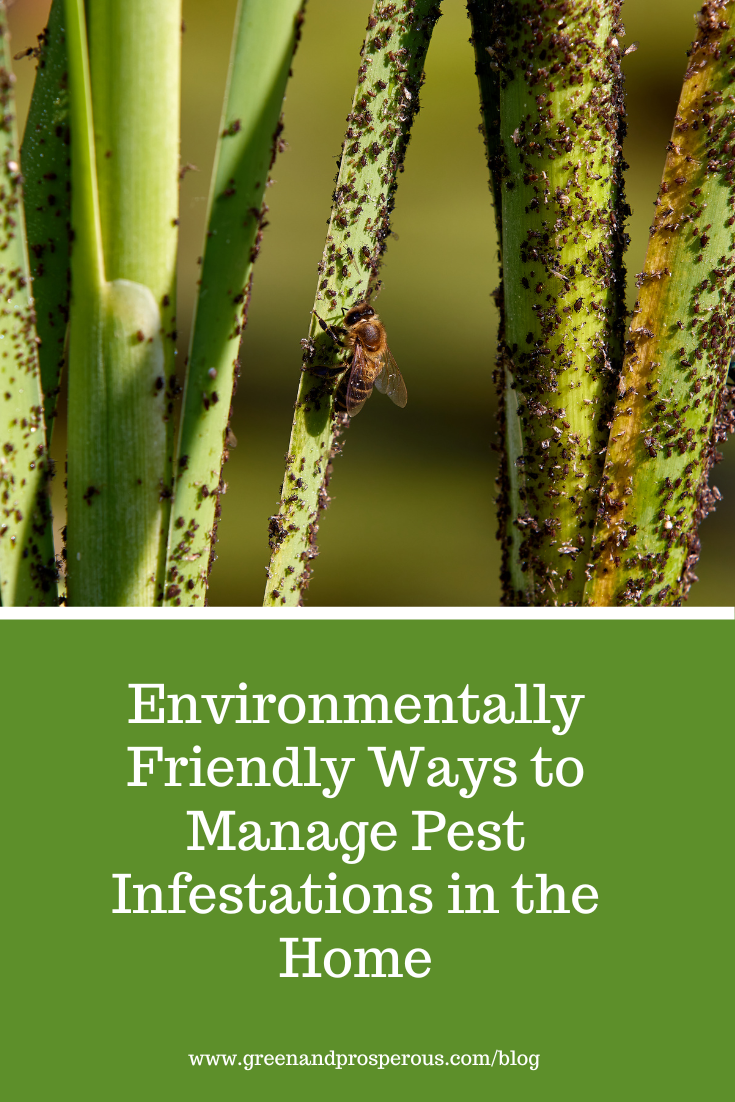
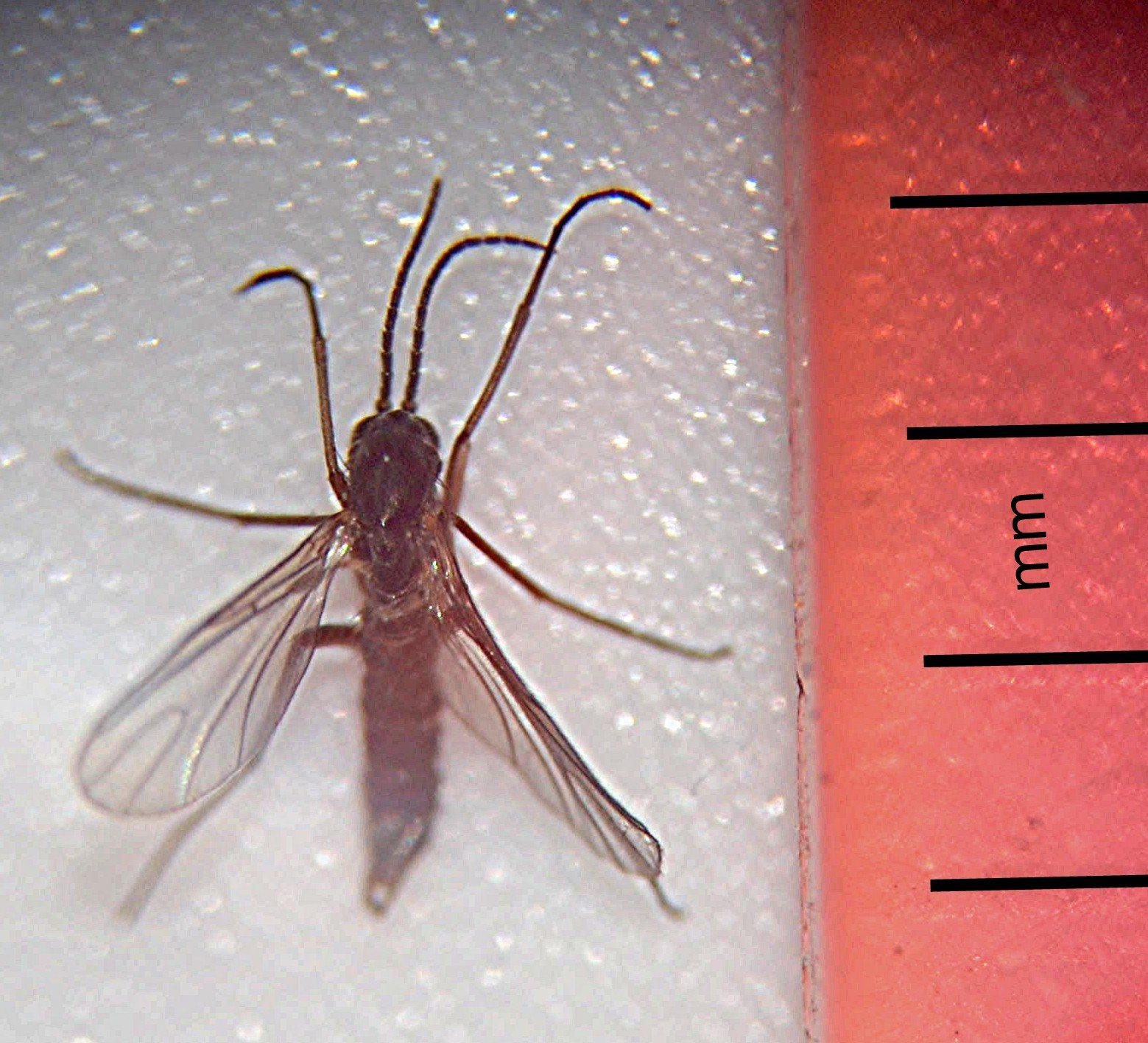




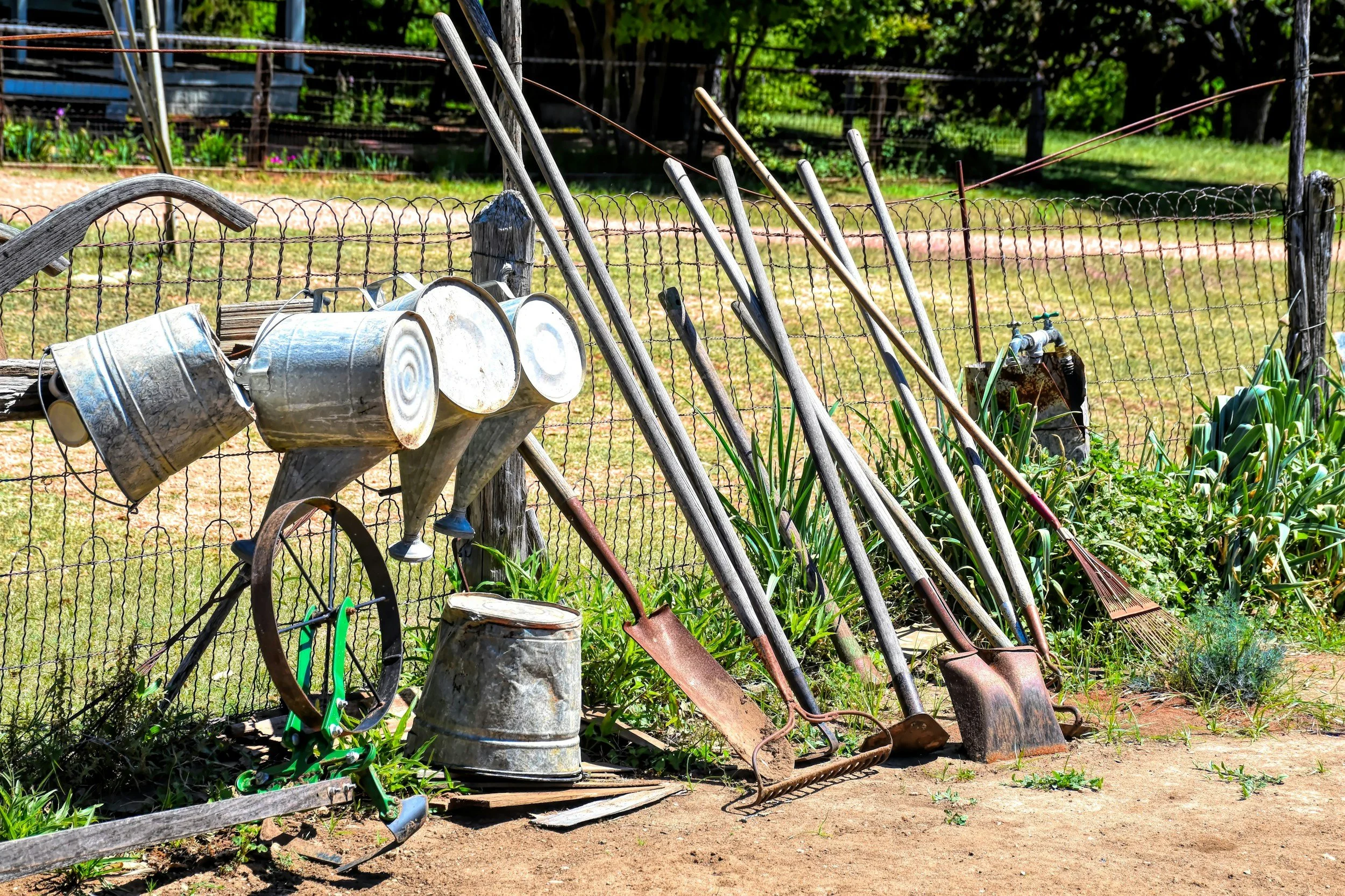
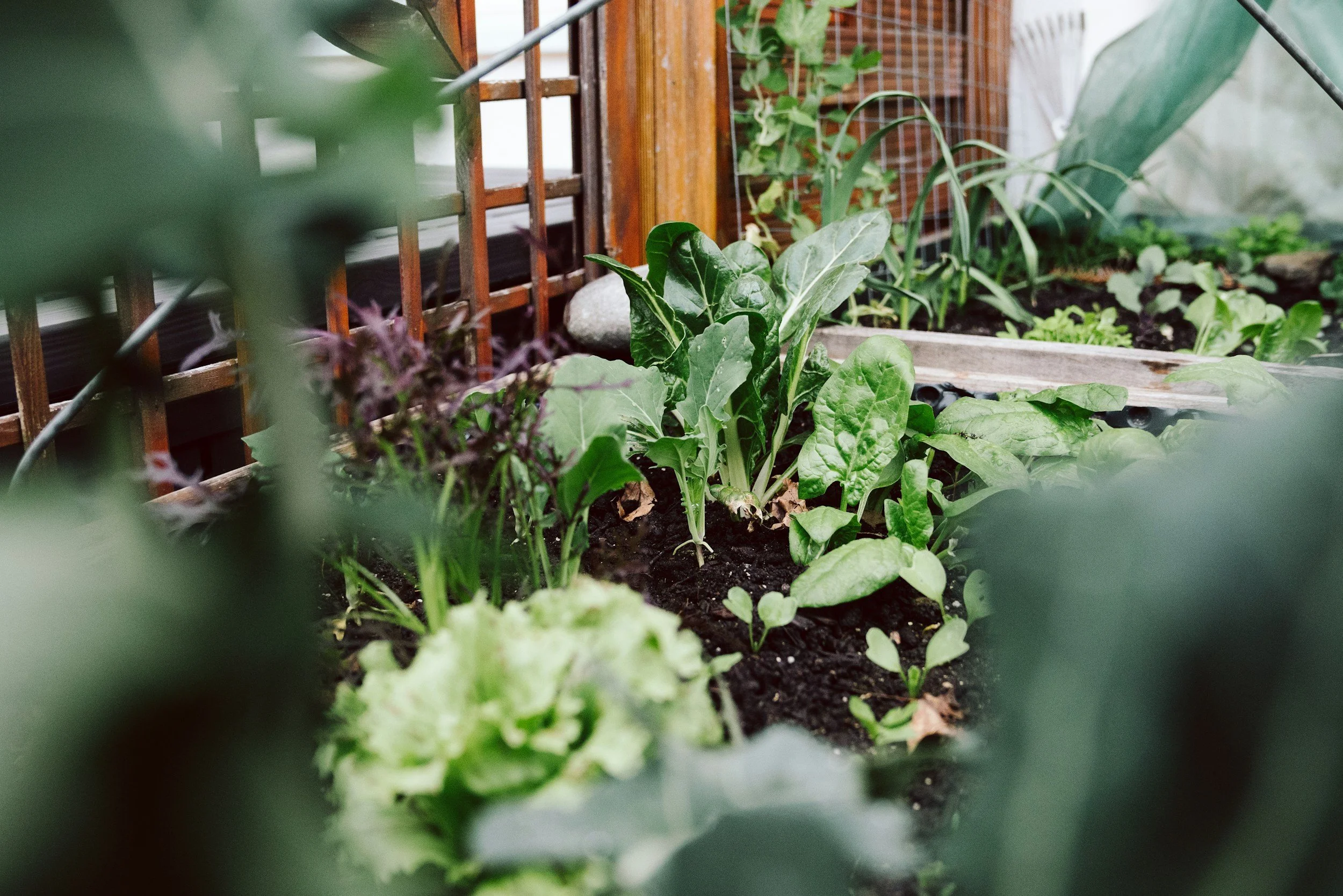
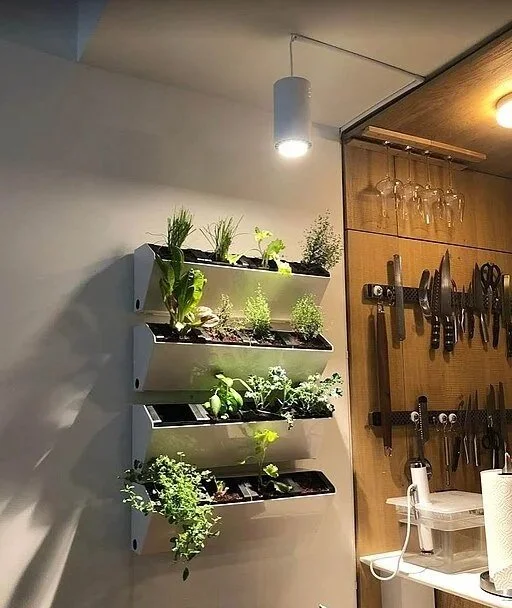

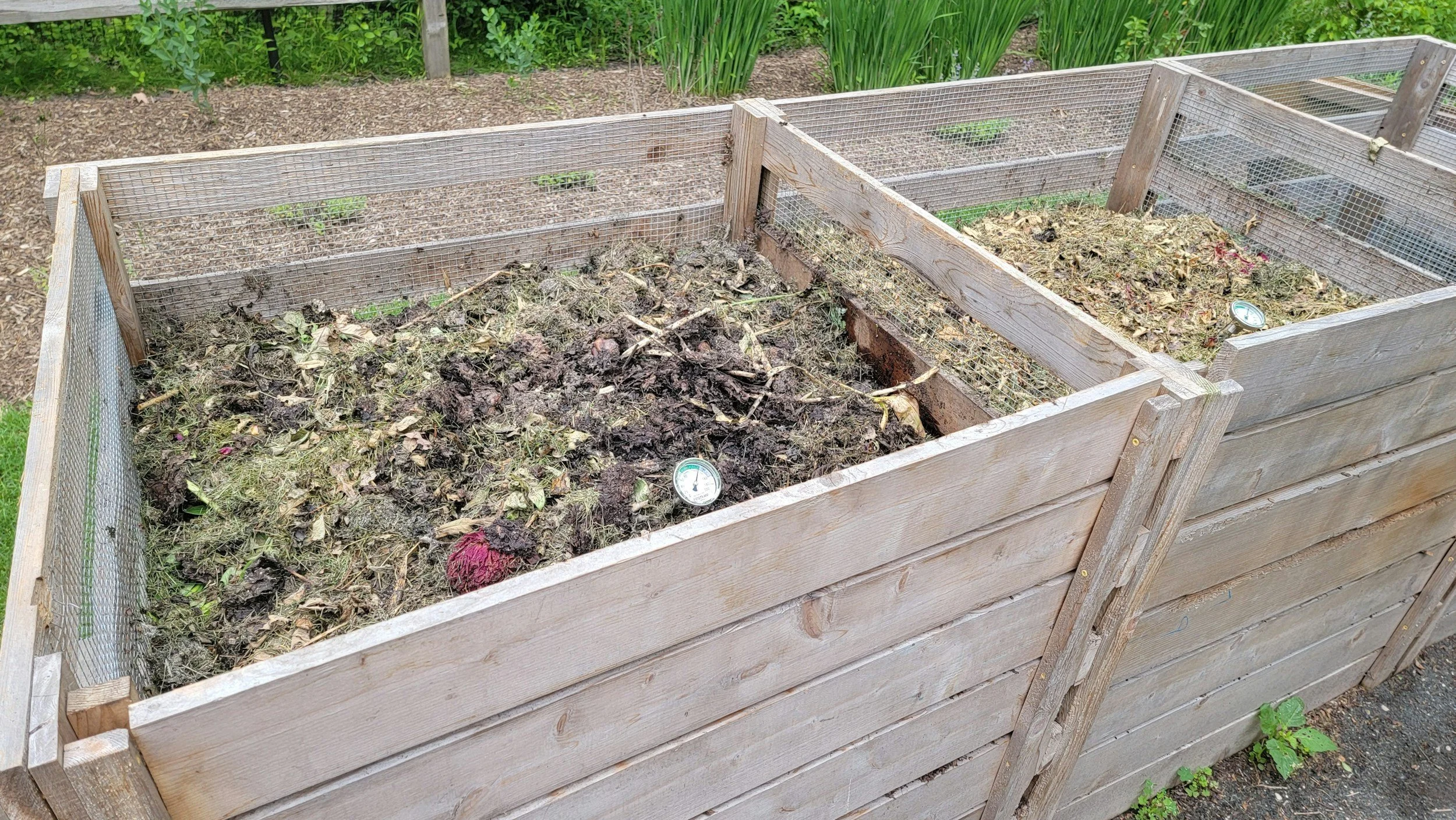

























Earwigs, scientifically known as order Dermaptera, are a group of small insects with notable pincers on their abdomen. Males have curved pincers while female earwigs have straight pincers. They are characterized by elongated, flat bodies that vary from 5 to 25 millimeters in length. The most common earwig species is reddish-brown with a pair of conspicuous pinchers, or forceps, at the end of its body. These forceps are used for defense and courtship displays.